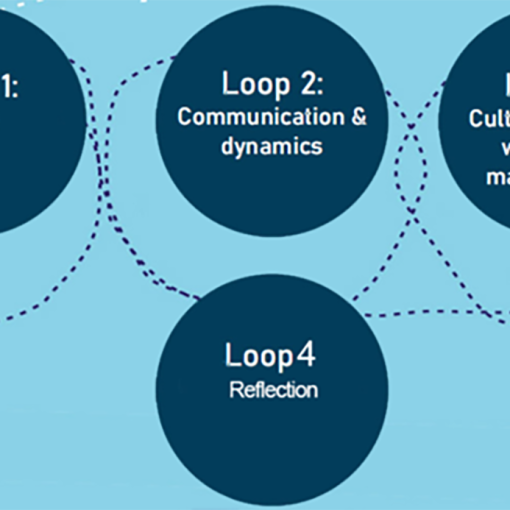Participants in the International Business Week on Lahti campus engaged in a business simulation game using the Cesim Firm platform. In the game, students work in teams and run a company that operates in pharmaceutical industry. In the new version of the game environmental, social, and governance (ESG) matters have been strongly integrated into decision-making.
![[Alt text: medical bottles with different labels.]](https://blogit.lab.fi/labfocus/wp-content/uploads/sites/8/2024/05/350_2024_Integrating-ESG-thinking-in-strategic-decision-making-through-business-1024x512.jpg)
ESG in theory and in practice through the business game
The E in ESG refers to environmental sustainability. It encompasses the use of energy and resources, waste, and carbon emissions. (Henisz et al. 2019.) In the Cesim Firm business simulation, environmental impact can be reduced for instance by investing in machinery with higher operating efficiency or by upgrading the filtration systems of the production plants to reduce CO2 emissions.
Social aspect of the ESG addresses the reputation and the relationships that a company has with its stakeholders (Henisz et al. 2019). In the business game, teams can choose to train the personnel for example on work safety and non-discrimination policies. The trainings affect both the reputation of the company and the efficiency of its personnel. Social responsibility is also affected by the number of employee layoffs.
Governance refers to the internal practices and controls that a company has in order to govern itself, make effective decisions, and comply with the laws and regulation (Henisz et al. 2019). In the business game, teams can choose between four different material suppliers, which all have a different quality and sustainability classification. Furthermore, teams may apply for a sustainability certification if they reach a certain sustainability score.
Sustainability versus financial targets
It is often thought that investing in sustainability conflicts with company’s profitability goals. Indeed, investments in reduced energy or water consumption can be costly, but also the benefits can be significant. In fact, great majority of studies made on the impact of ESG propositions on corporate financial performance have shown positive findings (Friede et al. 2015).
Players of the Cesim Firm business game quickly realize that investing in production efficiency improvements and staff training cost a lot of money. However, they also learn that those teams that have invested in sustainability gain positive impacts in the long run; increased efficiency reduces the direct production costs and better reputation has a positive effect on demand. Therefore, gradually increasing investments in sustainability, whilst also managing well other aspects of business, should lead to a good financial result.
The winning team of the business week simulation game made the highest cumulative earnings, and at the same time also had the highest ESG reputation and score. In their feedback, students commented that they learned a lot especially about sustainability issues while playing the game. One of the key things was to realize that ESG matters are not solely the responsibility of a sustainability manager – they affect decision-making across the organization.
Author
Sirpa Varajärvi works as a Senior Lecturer in the Faculty of Business at LAB University of Applied Sciences. She is keen on utilizing business simulation in teaching.
References
Friede, G., Busch, T., & Bassen, A. 2015. ESG and financial performance: aggregated evidence from more than 2000 empirical studies. Journal of Sustainable Finance & Investment, 5(4), 210–233. Cited 10 Apr 2024. Available at https://doi.org/10.1080/20430795.2015.1118917
Henisz, W., Koller, T., & Nuttall, R. 2019. Five ways that ESG creates value. McKinsey Quarterly. November 2019. Cited 10 Apr 2024. Available at https://www.mckinsey.com/~/media/McKinsey/Business%20Functions/Strategy%20and%20Corporate%20Finance/Our%20Insights/Five%20ways%20that%20ESG%20creates%20value/Five-ways-that-ESG-creates-value.ashx




